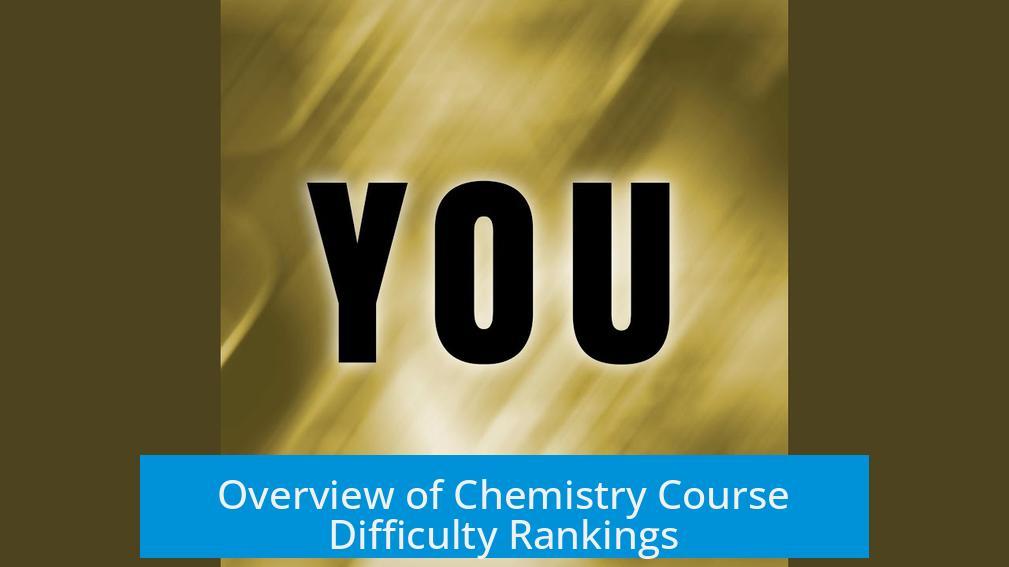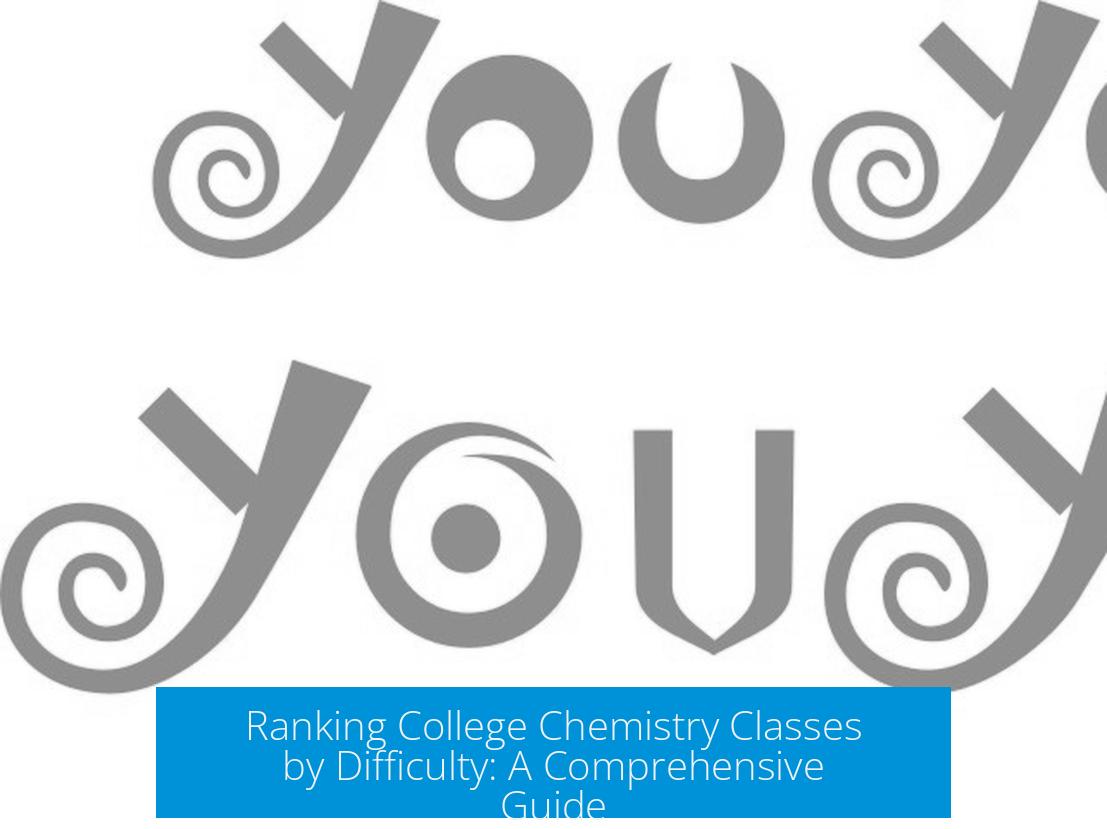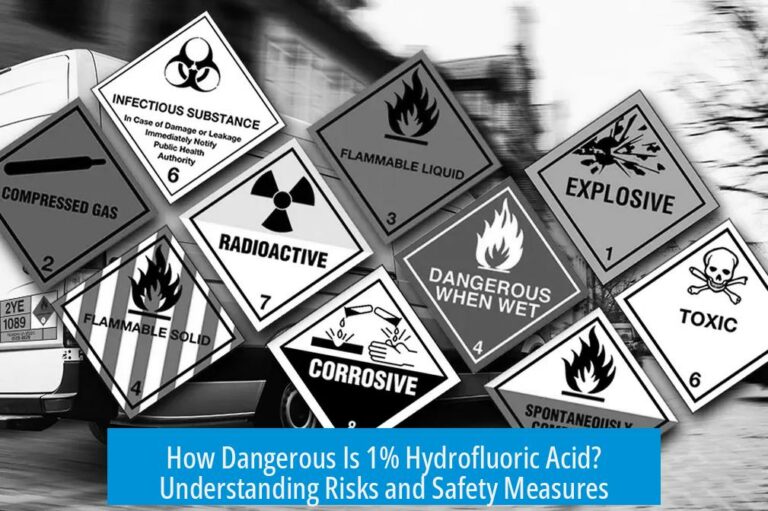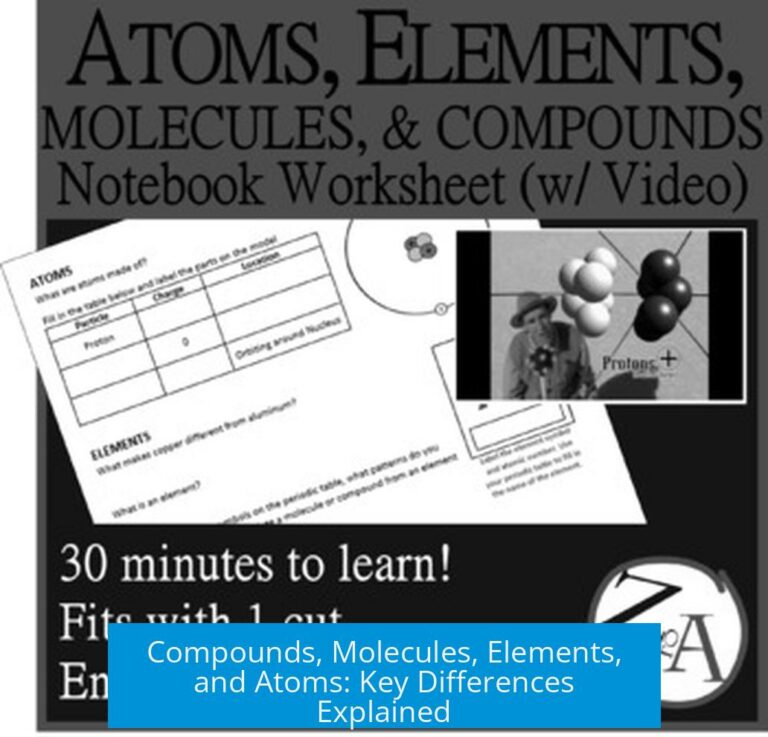How Would You Rank College Chemistry Classes by Difficulty?

College chemistry courses vary widely in difficulty depending on their focus, content complexity, and teaching approach. Physical chemistry consistently ranks as the hardest, followed by inorganic and organic chemistry, with general chemistry being the least challenging. Lab components and memorization-heavy topics can increase perceived difficulty, while understanding-based courses often feel more accessible.
Overview of Chemistry Course Difficulty Rankings

Student experiences show a recurring pattern in ranking the difficulty of college chemistry classes. Across multiple opinions, physical chemistry emerges as the most demanding. Organic and inorganic chemistry commonly occupy the intermediate range, while general chemistry is often the foundational, less difficult course.
| Course Difficulty Ranking (General Consensus) |
|---|
| Physical Chemistry (Pchem) >>>>>>>>>> Organic Chemistry > Inorganic Chemistry > General Chemistry |
| Physical Chemistry > Inorganic Chemistry > Organic Chemistry >>>>> Analytical Chemistry |
| Physical Chemistry > Inorganic/Analytical Chemistry > Organic Chemistry |
| Exams Difficulty: Inorganic Chemistry > Physical Chemistry > Organic Chemistry |
| Rank: Physical Chemistry (by a mile), Inorganic, Analytical, Biochemistry, General Chem II, Organic II, Organic I, General Chem I |
Specific Course Rankings and Examples

- Quantum Physical Chemistry ranks as the most difficult, followed by Thermodynamics Physical Chemistry, Organic Chemistry, Inorganic Chemistry, and Physical Chemistry Lab. Group theory and spectroscopy depth impact inorganic difficulty, while rigorous lab report rubrics challenge Pchem labs.
- In some views, Pchem Labs outrank Biochemistry due to intensive lab work. Then come Pchem Quantum, Pchem Thermo, Organic, General Chemistry, and Inorganic.
- Advanced Chemistry (Achem) tops difficulty, followed by Biochemistry, Quantum/Inorganic chemistry, Organic Chemistry 1, Thermodynamics, and Organic Chemistry 2.
- Another ranking places Pchem II above Advanced Synthesis, Pchem I, Inorganic, Quantitative, Analytical Lab, Organic, General Chemistry, and Labs.
- Physical Chemistry is consistently noted above Inorganic and Organic, but instructor style may shift this perception.
Factors Determining Perceived Course Difficulty

Course Content and Subject Focus

Inorganic chemistry complexity depends heavily on the professor’s emphasis on group theory and advanced spectroscopic techniques such as IR and Raman spectroscopy. Some instructors focus more on memorization, others on conceptual understanding.
Organic chemistry challenges students to balance memorization of reaction mechanisms with a logical understanding of reactivity patterns. Difficulty varies with a student’s ability to recognize these patterns rather than internalize isolated facts.
Physical chemistry involves intense mathematical derivations and abstract concepts including quantum mechanics and thermodynamics. It allows derivations to replace memorization, though the mathematical rigor remains high.
Teaching Style and Pedagogy

Teaching methods have a significant impact on difficulty perception. Strict grading rubrics in physical chemistry labs amplify stress and workload. Conversely, engaged teaching assistants can ease lab difficulties.
Organic chemistry lectures sometimes suffer from confusing slide presentations, but resources like Khan Academy’s Sol series that emphasize stepwise electron flow improve comprehension.
The traditional chalkboard remains valuable for clarifying complex derivations, especially in physical and inorganic chemistry.
Memorization vs. Conceptual Understanding
Biochemistry is often cited as challenging because of its memorization load—pathways, intermediates, enzymes, and biological functions must be recalled precisely.
Organic chemistry demands memorizing reaction types, reagents, and outcomes, but mastering pattern recognition reduces this burden.
Physical chemistry offers the advantage of formula derivation. Students can reconstruct essential equations when forgotten, reducing pure memorization pressure compared to other courses.
Laboratory Work
Labs shift overall difficulty significantly. Analytical chemistry labs often require intense sessions lasting 6 to 8 hours with detailed, 15-page handwritten reports. This workload elevates the course’s challenge.
Pchem labs have rigorous grading standards that many students find tougher than other lab classes. Biochemistry labs further increase difficulty due to complex protocols and data interpretation.
Comparative Tables: Difficulty by Course Type
| Course | Difficulty Level | Contributing Factors |
|---|---|---|
| Physical Chemistry | Highest | Mathematical rigor, quantum mechanics, thermodynamics, complex derivations |
| Inorganic Chemistry | High | Group theory, spectroscopy, conceptual breadth varies by instructor |
| Organic Chemistry | Moderate to High | Memorization of mechanisms, reaction patterns, variable teaching methods |
| Biochemistry | Moderate to High | Heavy memorization, lab complexity |
| Analytical Chemistry | Moderate | Intense labs, quantitative analysis, detailed reports |
| General Chemistry | Lowest | Introductory concepts, foundational knowledge, less mathematical depth |
How Exam Difficulty Matches Course Reputation
- Inorganic exams often challenge students more than expected due to abstract concepts and problem types.
- Physical chemistry exams require advanced mathematical problem solving and conceptual integration.
- Organic chemistry exams test reaction recognition and mechanism application but are generally considered easier than physical and inorganic exams.
- General chemistry exams focus on basic principles and calculations and are typically the least demanding.
Implications for Students Choosing Chemistry Courses
Students pursuing chemistry majors or minors should anticipate the steep learning curve in physical chemistry and inorganic chemistry courses. Prior mathematical preparation benefits physical chemistry study.
Students more comfortable with memorization might find biochemistry manageable but challenging. Those who prefer logical reasoning benefit from organic chemistry strengths.
Lab-intensive courses require strong time management skills. Knowing that lab report expectations can vary by instructor prepares students for workload planning.
Summary of Key Points
- Physical chemistry is widely regarded as the most difficult college chemistry course due to mathematical and conceptual demands.
- Inorganic chemistry difficulty depends on depth of group theory and spectroscopy included.
- Organic chemistry ranks after physical and inorganic, with difficulty influenced by teaching quality and student aptitude for pattern recognition.
- Biochemistry’s challenge lies primarily in memorization requirements and lab components.
- Analytical chemistry is demanding in laboratory work and data analysis but generally ranks below physical and inorganic chemistry.
- General chemistry is foundational and typically the least difficult.
- Laboratory classes can increase overall difficulty due to workload and rigorous grading.
- Teaching methods and professor engagement strongly affect student perception of difficulty.
How Would You Rank College Chemistry Classes by Difficulty?
Physical chemistry generally ranks as the toughest college chemistry class, followed by organic, inorganic, and then general chemistry. But wait—this isn’t set in stone. Rankings shift based on content emphasis, personal strengths, and even teaching styles.
Trying to rank college chemistry classes by difficulty feels like solving a molecular puzzle. Different classes challenge students in unique ways. Let’s unravel the mystery with a closer look at the facts.
Physical Chemistry: The Everest of Chemistry Classes
Most students agree physical chemistry, or “pchem,” towers above other courses in difficulty. Why? It dives deep into quantum mechanics and thermodynamics—topics that sound like rocket science (and sometimes feel like it).
For example, quantum physical chemistry is often cited as the hardest subfield, tougher than even thermodynamics. Exams can be brutal, requiring not just memorization but a firm grasp of derivations and mathematical reasoning. Throw in rigorous lab reports, especially in Pchem Lab, and the course becomes legendary for misery.
“Pchem II described as really cool but it just kicked my ass.”
But it’s not all doom and gloom. Physical chemistry rewards logical thinkers who enjoy problem-solving. If formulas slip your mind, deriving them from first principles can save you during exams—a neat trick unavailable in some courses obsessed with rote memorization.
Organic Chemistry: The Reaction Maze
Organic chemistry often ranks just below physical chemistry. This class focuses on understanding reaction mechanisms and memorizing a wild array of reactions. The challenge? Many students struggle to *think* about electron flow and reactivity patterns rather than just memorize them as isolated facts.
Consequently, how well you grasp the logic behind mechanisms can make or break your experience. Some complaints highlight poor lecture slides, which obscure understanding. Luckily, resources like Khan Academy’s Organic Chemistry series provide clear, stepwise explanations of electron flow that many find helpful.
Here’s the catch: organic chemistry difficulty can feel *highly personal.* For some students, memorization-heavy biochemistry feels tougher, while others find organic chemistry’s reaction puzzles a more formidable foe.
Inorganic Chemistry: The Wild Card
Inorganic chemistry’s difficulty is a chameleon—it depends heavily on the professor’s approach. If the curriculum dives deep into group theory or vibrational spectroscopy (like IR and Raman), it can spike in difficulty.
Many students like inorganic chemistry because it involves less memorization compared to organic or biochemistry. Instead, it leans on understanding the periodic trends, bonding models, and symmetry principles.
Interestingly, some view inorganic exams as the most challenging across certain programs—possibly due to the abstract nature of the content rather than workload.
Biochemistry and Analytical Chemistry: Memorization and Intensity
Biochemistry often ranks as hard due to sheer memorization: pathways, enzymes, intermediates keep filling students’ minds with facts. If you hate memorizing, biochem feels like a marathon.
Analytical chemistry, on the other hand, combines theory with intense, time-consuming lab work. Imagine 6-8 hour lab sessions plus hand-writing 15-page reports. The physical and mental stamina required pushes the difficulty meter up for many. If a TA or instructor is nitpicky about lab reports, brace yourself.
General Chemistry: The Gateway and the Least Daunting?
General chemistry usually serves as the introductory course. Often, it is considered the least difficult compared to upper-division courses. However, “least difficult” here is relative. It sets the foundation, so struggling here can ripple into worse experiences with advanced classes.
For many, finishing general chemistry is the first big victory in their chemistry journey.
But Wait—Teaching Style Matters
Class difficulty doesn’t just depend on content. How a professor teaches influences perceived challenge levels. A passionate, skilled instructor can transform a tough course into a manageable one. Conversely, confusing presentations and lack of TA support can turn organic chemistry or labs into nightmares.
It’s interesting to note that some students find chalkboard teaching superior for digesting complex concepts, compared to PowerPoint—which can overwhelm or confuse.
Summary Table: Activities and Classes Ranked
| Difficulty Ranking Example | Key Insight |
|---|---|
| Pchem >>>>> Organic > Inorganic > Gen Chem | Physical chemistry is overwhelmingly difficult, vastly outstripping organic and others. |
| Physical >>> Inorganic > Organic >>> Analytical | Physical chemistry leads, with analytical seen as less conceptual but more lab-heavy. |
| Quantum Pchem > Thermo Pchem > Organic > Inorganic > Pchem Lab | Specific physical chemistry topics reorder difficulty and add nuances. |
| Pchem Lab > Biochem > Pchem Quantum > Pchem Thermo > Organic > Gen Chem > Inorganic | Lab intensity can overshadow theory, making Pchem Labs and Biochem particularly tough. |
| Analytical > Organic > Pchem > Inorganic | Some rank analytical chemistry higher due to the demanding lab reports and experimental time. |
How Should You Rank the Classes for Yourself?
Ready to rank these classes on your own terms? Consider:
- Does math scare you? Physical chemistry might be the hardest.
- Are you a pattern lover or memorization champ? Organic and biochemistry vary accordingly.
- Lab work: love it or loathe it? Analytical and pchem labs can be draining.
- Teaching style matters—seek professors who prioritize clarity and support.
Your personal experience can flip the difficulty hierarchy on its head. One student’s nightmare is another’s breeze.
Final Thoughts: A Whirlwind Tour of Chemical Challenges
Ranking college chemistry classes by difficulty paints a complex picture. Physical chemistry often tops the charts, demanding deep thinking and mathematical skill. Organic chemistry challenges logical reasoning mixed with memorization. Inorganic chemistry rides on course focus and teaching style. Biochemistry tests memory endurance, while laboratory courses add a physical and mental stamina dimension.
So, how would you rank these classes, based on your strengths and past experiences? Chemistry might be the central science, but mastering it requires navigating a maze whose difficulty depends on where you start and who guides you.
One thing is sure: each of these courses prepares you for the next step in your chemistry adventure.
Which chemistry class is generally viewed as the hardest in college?
Physical chemistry often ranks as the most difficult. Quantum physical chemistry especially challenges students with complex topics like quantum mechanics and thermodynamics.
How does lab work impact the difficulty of chemistry courses?
Lab components can increase a class’s difficulty. For example, pchem labs have strict report grading, and biochemistry labs add workload beyond memorization, making those courses tougher.
Why do some students find organic chemistry harder than others?
Difficulty in organic chemistry depends on whether students focus on memorizing reactions or learn to recognize reaction patterns logically. Teaching style also influences understanding.
Does memorization or understanding matter more in ranking course difficulty?
Biochemistry relies heavily on memorization, which some find hard. Physical chemistry allows derivation of formulas, easing memorization but requiring deeper understanding.
Can professor or teaching methods change how hard a chemistry class feels?
Yes, teaching style impacts perceived difficulty. Clear explanations and engaged instructors can make hard subjects like inorganic or organic chemistry more manageable.
How do analytical chemistry labs compare in difficulty?
Analytical labs are often time-consuming with long reports and complex experiments. This can raise the overall difficulty of analytical chemistry compared to lecture-only courses.





Leave a Comment